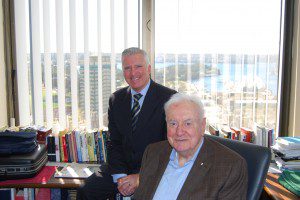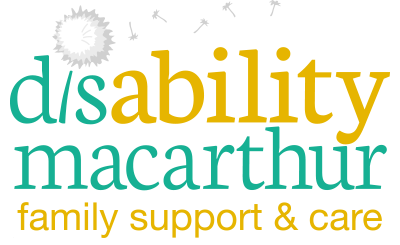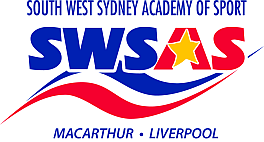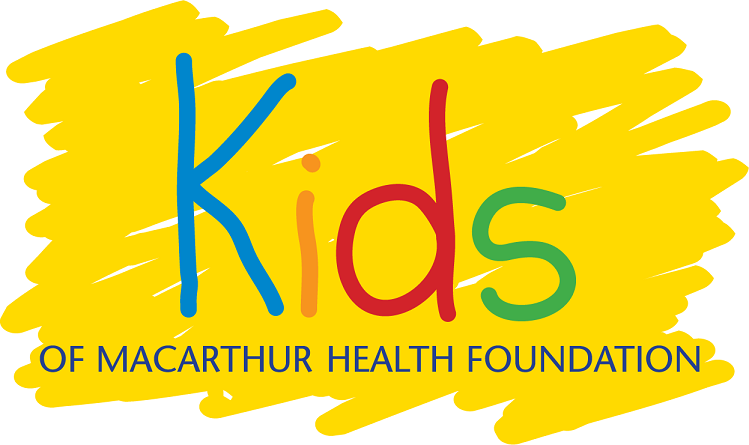
The memorial service for the former Prime Minister and Member for Werriwa, Gough Whitlam, will be held next Wednesday, November 5 in the Sydney Town Hall. Speaking in Parliament House yesterday during a Condolence Motion, CHRIS HAYES, chief opposition whip, and for five years the Member for Werriwa, reveals a frosty start to his relationship with the former PM:
“For many, myself included, Gough Whitlam was not only an inspiration but also the very reason for our enthusiasm for Labor politics. I had the honour of representing the electorate of Werriwa, which was held by Gough Whitlam throughout his political career.
He was a man with a vision, and certainly a vision for Australia’s future. He was one not prepared to be constrained by traditional and historical ties but prepared to venture into new frontiers. Being the first Western leader of a major political party to visit China not only was ground-breaking at the time but also paved the way for our current day relationship not only with China but also with countries throughout the Asian region.
Gough became the member for Werriwa in 1952 and, following a redistribution, he and his wife, Margaret, and their children moved to Albert Street, Cabramatta, in 1955—a fact that is still quoted to me today by many of the more elderly residents at Cabramatta. When he became the member for Werriwa, the boundaries of the electorate map were much different to what they are today. As a matter of fact, his house in Albert Street is just down the road from my electorate office in Fowler. I had the honour of reminding Gough on many occasions that, in representing Werriwa and now Fowler, I have represented both ends of his old electorate.
Apart from meeting him at various party conferences and events, it was not until my by-election in 2005 that I had the opportunity for a more engaged discussion with Gough. Our early discussions around that period were a little frosty, given the fact that I was not the person he was supporting for preselection for his seat of Werriwa. For a while my meetings with Gough generally involved a fair degree of fear and trepidation on my part. In contrast, my wife Bernadette struck up a very close relationship with Margaret right from the start.
Gough was above all a reformer. During his leadership, he was able to reform and modernise the Labor Party. He made the ALP electable. He had the genius of being the first major political figure to comprehend the fundamental changes necessary for the Australian community. He understood that what the country needed was a new political focus on education, culture, social and infrastructure needs, particularly for the residents of the expanding outer suburbs and families of working-class backgrounds.
My generation and those that follow are the direct beneficiaries of the Whitlam legacy.
Many people I meet in the various aged-care facilities in my electorate recall their encounters with the Whitlams—whether it was Margaret teaching their kids swimming at the local pool or just having the opportunity to speak to the great man at various local events or branch meetings. Locally, the Whitlams were revered and much loved. Invariably, I am told about Gough’s commitment to enhance the basic infrastructure needs of the area. His campaign to establish an integrated sewerage system in Liverpool and Campbelltown in the Fairfield areas is still firmly lodged in the minds of many of the elderly residents of the area. While current generations might well take these developments for granted, if it were not for the tenacity of Gough these developments would have been some time off.
When I did meet with Gough in his office in Sydney it was for me like being in an inquisition. He always asked me about people he knew from the electorate and local branches as well as about developments occurring in the area. He was always interested. He always had his finger on the pulse. He did not regard Werriwa as something in his distant past. This is something I learnt to appreciate about Gough. He was not just the political giant of the Labor movement, which many have already spoken about in this place, but also someone who deeply cared about ordinary people.
I remember one round of discussions I had with Gough in his Sydney office. Somehow we got to talking about his time in the RAAF. He had been in 13 Squadron and flew as a navigator on a Ventura bomber. It was not only his clear recollections of events of this period that was so impressive; what took me by surprise was his unwavering loyalty to his flight crew. He stayed in contact with all the members of the flight crew after they dispersed from the air force. As a mark of the man’s compassion, following the death of his pilot he remained in contact with his widow. While it is right that we remember Gough as a great of the Labor movement, it is his attention to people and their own particular circumstances that, for me and for many in my electorate, makes him truly great.
I offer my sympathies to his family. Edward Gough Whitlam, rest in peace.”
To watch a video of Mr Hayes delivering his speech, click on this link:
http://www.youtube.com/watch?v=LWle_A13hoU&list=UUSlvgMTYkYzSnvpfHhqdhkg



